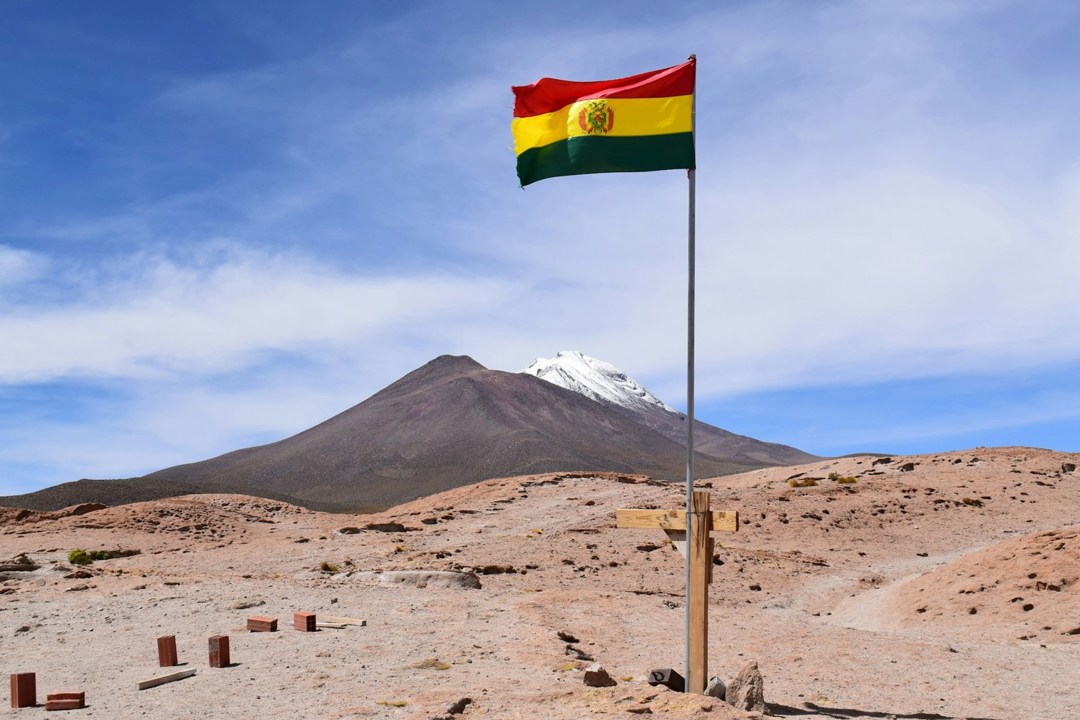
Bolivia at a Crossroads – Between a Cycle's End and Democratic Uncertainty
Political Reconfiguration: The August 17 Election Is Not Just Another Vote
Bolivia stands at a historical fork in the road. Analyst Antonio Gómez argues that this is not just about electing a new president, but about choosing between two visions of the country: a continuation of the "Plurinational State" or a return to a liberal "Republic." It is a confrontation between state-driven inclusion and market-led openness.
The Supreme Electoral Tribunal (TSE) and the Constitutional Court have reinforced the August 17 election date. However, the MAS's fatigue and the opposition's fragmentation shape an unpredictable scenario. As Marcelo Silva notes, the election is confirmed, but post-election governability is far from guaranteed.
Permanent Unrest: Mining, Crisis, and Institutional Decay
The second topic discussed on "Diálogo en Panamericana" reveals a troubling pattern: conflict has become the norm. The recent mobilization of cooperative miners, demanding payment in US dollars and access to protected areas, shows that these groups function as de facto power centers.
William Vascopé denounces tax inequality: while ordinary citizens pay VAT and income tax, mining cooperatives contribute just 4% of their earnings. Far from being democratic associations, these cooperatives operate as extractive elites. Marcelo Silva classifies them as "power groups," not social movements. Mining has become a no-man’s land, and the state has lost regulatory control.
June 26: Coup, Self-Coup, or State Crisis?
The June 26 incident was met with skepticism. The government labeled it a failed coup attempt, reinforcing the narrative with a questionable documentary. For the panelists, this only weakened the official account further.
Antonio Gómez warns that the real issue is structural: the Armed Forces are not aligned with civilian authority. Vascopé and Silva agree that the episode exposes deep institutional breakdown and judicial politicization. Whether it was a coup or a staged event is now secondary; the real concern is systemic decay.
Conclusion: Bolivia in a Closing Cycle Phase
Neither MAS nor the opposition holds the legitimacy or vision to inaugurate a new political cycle. The election is shaping up to be a referendum on the post-2006 model. What is at stake is not just a presidency, but the very viability of the Plurinational State.
Key Priorities:
-
Restore institutional legitimacy in the judiciary and military.
-
Reform the mining tax regime.
-
Reclaim critical, investigative journalism.
-
Demand realistic, not demagogic, economic proposals.